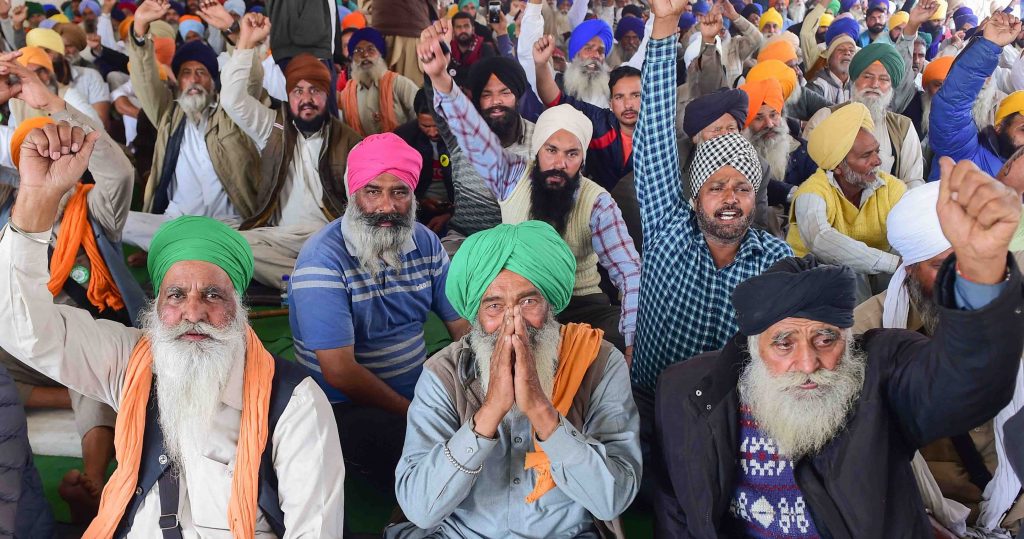Bhubaneswar: Punjab is often referred as the food bowl of India because of its contribution to the country’s grain basket. However, for more than a year, the state has witnessed hundreds of its farmer’s camp on the outskirts of the national capital, Delhi, in protest of Modi government’s three contentious farm laws.
Nearly 700 deaths took place during the farmers’ protest, of which more than 500 deaths are from Punjab.
The government relented and repealed the farm laws last month, but it wasn’t significant for families in Punjab who lost their loved – who went to participate in the protests but could not return home alive.
Read also – Farmers’ Protest: A timeline of 15-month long agitation against farm rules
Jagseer Sidhu, 30, a resident of Gurma village in Barnala district, had never thought that his father, Sukhdev Singh would pass away at 65, leaving him and his mother in the lurch.
Jagseer said that a few days after returning from Tikri, Sukhdev had participated in a local protest outside the house of a BJP leader in Barnala December 28, 2020. He collapsed on the stage shortly after completing his speech. When he was taken to the hospital, he was declared dead, according to Jagseer.
Kaka Singh, local convenor of Punjab Keth Mazdoor Union from Sri Muktsar Sahib questioned the claims of government by saying that in his village Khunde Halal, in the Muktasar Sahib Tehsil, five farmers including two landless farmers died during protest. But families of none of these farmers have got government jobs.
A farmer couple in a Punjab village is struggling to cope with the death of their only son. Manpreet Singh, 24, died of a heart attack in January.
“I am unable to bear this pain. I feel like crying all the time,” says his mother Baljinder Kaur, trying hard not to break down.
Manpreet’s father Gurdeep Singh said they had tried to stop him from going to Delhi. “But he said that if farmers like us didn’t take part in this protest, everything would be lost,” he says.
The Punjab government has given the family a compensation of 5,00,000 rupees, but that has brought them little solace.
“We are ready to give all we have. Can the government give us our son back?” asks Baljinder Kaur.
Balbir Kaur, 65, regularly visited the protest sites with other women from their village.
“Once there, she would do whatever she could to help, be it cooking or serving meals,” said her son, Chamkaur Singh. In March, she died of a heart attack during one of her trips.
Around 80 miles away, a mother is mourning her son.
Gurpreet Singh, 23, died in December 2020 in an accident while returning home from the protest site with his uncle, who was also killed.
Bhupinder Kaur of Mohali, Punjab, lost her husband Deep Singh last year. He was 60 years old and on his way back to his village when he was involved in a car accident and died as a result of his injuries. Kaur claimed that the Delhi protest had left her in constant anguish and pain.
“I don’t know how to live without him now. There is no support system left. My only daughter is married. My husband was the one looking after me and my ailing mother-in-law. Now that he is gone, we feel as if we are orphaned now,” she said.
